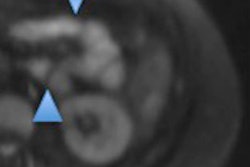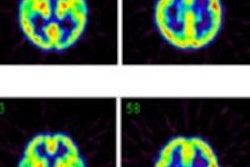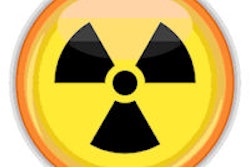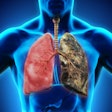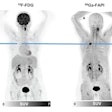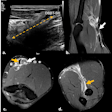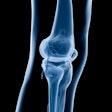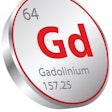
PET/CT outperforms CT alone in measuring treatment response and predicting survival in patients with follicular lymphoma, and therefore should be used routinely in clinical practice, according to research published on Thursday in Lancet Haematology.
A team led by Dr. Judith Trotman, an associate professor at the University of Sydney's Concord Hospital in Australia, found that PET/CT was more accurate in mapping the location of lymphoma compared with conventional CT scans, and better identified the majority of patients who have a prolonged remission after treatment.
While almost all follicular lymphoma patients respond well to initial treatment with immunochemotherapy, relapse is common. CT is currently used to evaluate treatment response, but can't easily distinguish those patients who are likely to remain in prolonged remission for several years from those who have a high risk of early relapse, according to Trotman and colleagues from France and Italy.
The researchers examined the link between PET/CT status and survival following immunochemotherapy for advanced follicular lymphoma in three clinical trials. Independent, blinded reviewers evaluated the scans of 246 patients who received both PET/CT and traditional CT imaging within three months of their last therapy dose.
They found that PET/CT was much stronger than CT for accurately identifying patients with an unfavorable prognosis. PET/CT also identified that the 83% of patients with PET-negative results had a reassuringly favorable prognosis, with average remission duration beyond six years, according to the researchers.
In a statement, Trotman said the researchers expect their results will lead to PET/CT replacing CT as the new gold standard for evaluating follicular lymphoma patients after treatment. She said they also believe the study will serve as a platform for future studies of response-adapted therapies aimed at improving the poor outcomes for those patients who have positive results on PET scans.




